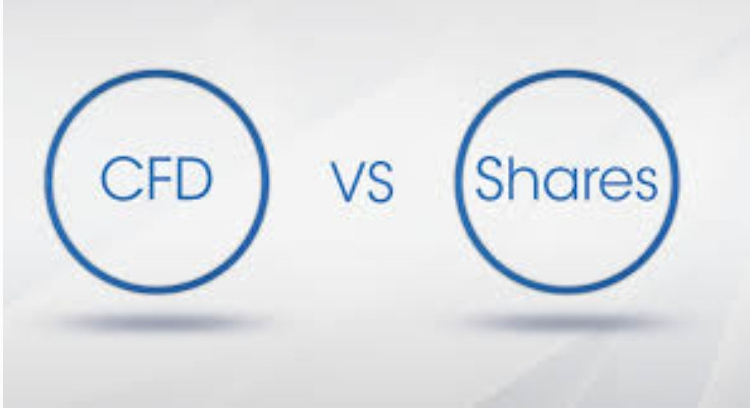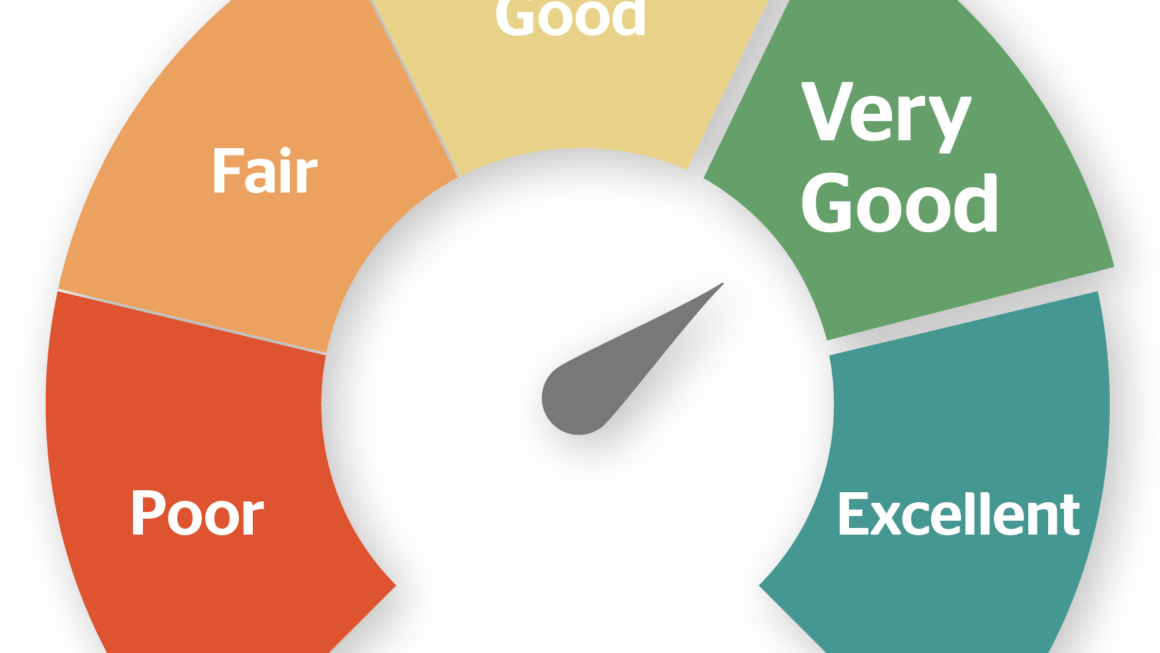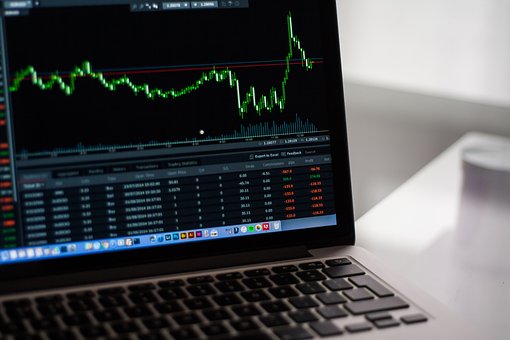CFD Trading: CFD vs Shares
CFD trading is a financial instrument that can be used to speculate on the price movement of shares and similar financial instruments. It’s important to understand the differences between CFD vs shares trading so you can decide which is right for you.
What is a CFD?
A CFD (Contract for Difference) is an agreement between two parties where one party pays the other if their investment goes up or loses money if it falls. The main difference between a CFD and a share trade is that with the former you don’t own any of the underlying assets, whereas with shares you own the actual asset – in this case, shares.
CFDs are much more liquid than shares because they don’t involve buying physical stock, but instead, allow traders to speculate on the price movement of anything from interest rates to currencies. You can trade these instruments as much as you like, unlike shares which have daily limits on how many trades can take place.
Difference Between CFD and Shares
While it may seem like there are no limitations to trading, there are some things to consider before jumping into the world of CFDs:
CFD trading is a form of spread betting. It’s a contract where you can buy or sell an asset at a particular price and profit if the price changes in your favor. This can be done by trading on the price movement of shares, currencies, commodities, and contracts for difference (CFDs).
Shares are tradable pieces of ownership in a company. When you purchase shares in a company you become part owner of that company. The value of your investment will depend on how well the company performs. If the company does well, then your share price will increase too. If it loses money, then your share price will decrease as well.
CFDs are similar to shares but with some key differences:
- You don’t own any actual assets – CFD traders don’t buy or sell any physical assets such as gold or oil. Instead, they trade on whether prices are rising or falling
- No physical delivery – CFD traders don’t get any physical product delivered to them when they buy or sell CFDs; they simply make money from movements in the price of stocks and commodities.
- You enter into the contract to trade on the price movement of an asset, such as shares, currencies, or commodities. Your profit or loss depends on whether the price moves in your favor.
- Shares are a kind of ownership in a company. You can buy and sell shares on a stock exchange, such as the London Stock Exchange (LSE).
- If you buy a share in a company, then you become part owner of that company. You have legal rights as an owner, including voting rights at shareholder meetings.
- You don’t have any legal rights as an investor in CFDs because you don’t own anything directly – all you own is a contract with your broker that allows you to trade on the movements of assets without having to buy them first.
CFD and Shares Which is Better?
So, is it better to trade CFDs or shares? The answer is that it depends. If you want to trade on a short-term basis, then CFDs are the better option. However, if you want to make long-term investments and hold onto your shares for years, then shares are probably the best option for you.
The main difference between CFDs and shares is that with CFDs you dally own any assets as the set that you are trading on. This means that if there is a downturn in the market, you won’t lose any money as you would with a share position. However, if the price rises then you can only make profits up to your margin size (the amount of money that has been given to your broker). This can be a disadvantage because if there is an extremely volatile price movement it could mean that you will be forced to sell at a loss even though the price could still be rising further down the road. You can click here to find out more about CFD vs Shares.



